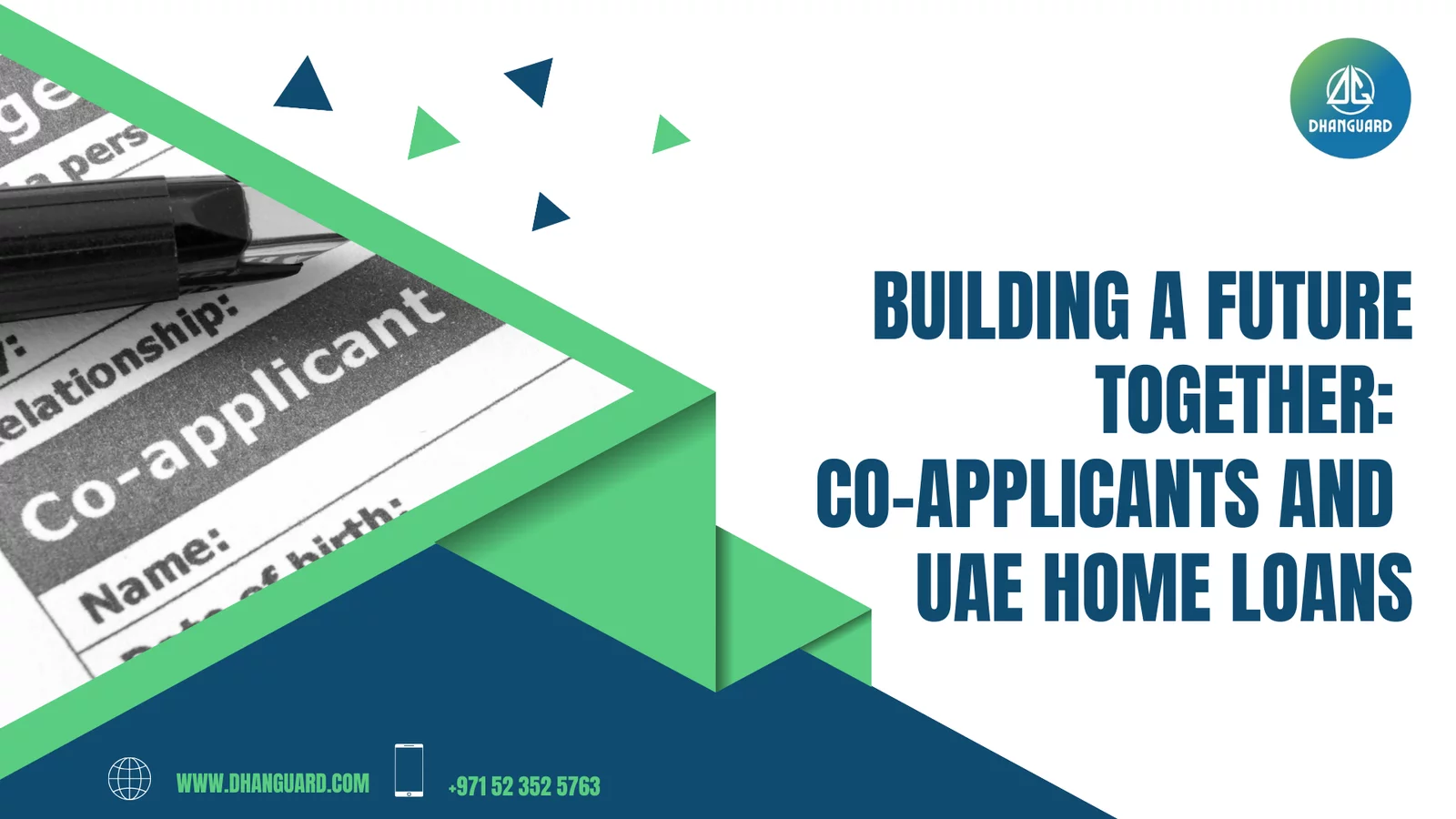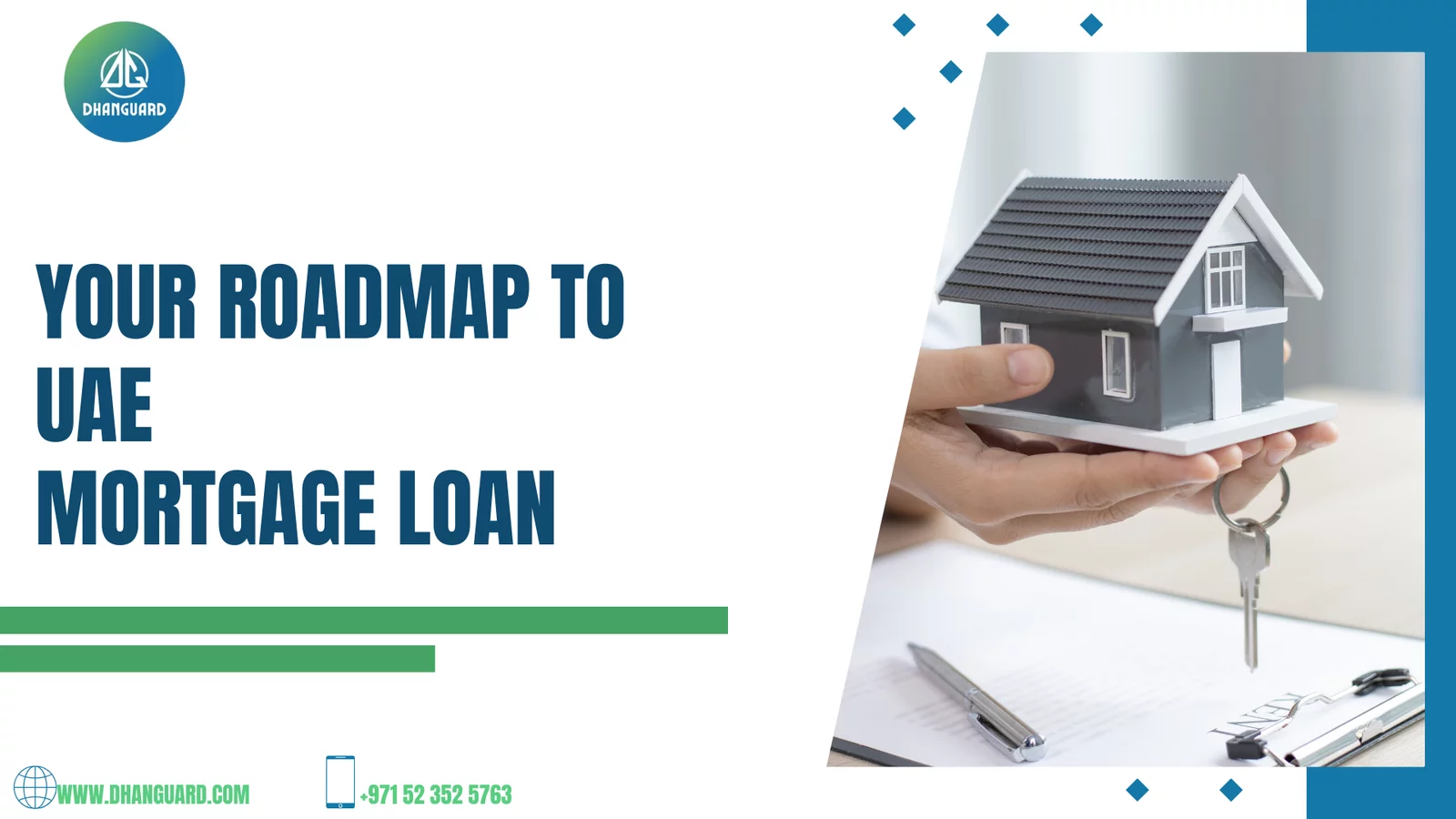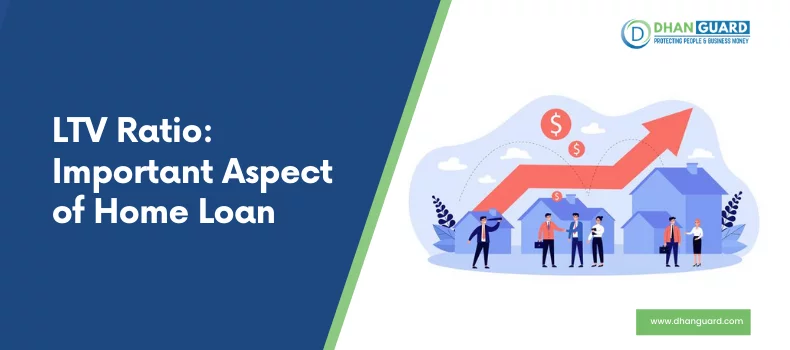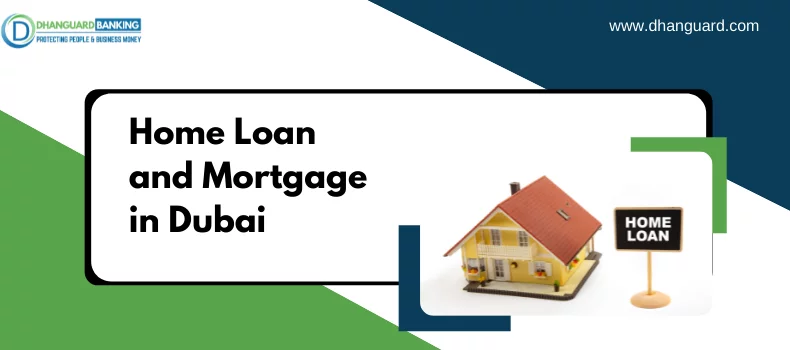If you're an expatriate living in the vibrant city of Dubai or anywhere else in the UAE, you may consider buying a home. However, for many expats, navigating the intricacies of home loans in the UAE can take time and effort. In this comprehensive guide, we will demystify the world of home loans, discussing everything from the basics to interest rates and the best banks for securing a housing loan.
Home Loans in the UAE – An Overview
What is a Home Loan?
A home loan, or a housing or house loan in Dubai, is a financial product offered by banks and financial institutions that allows you to borrow money to purchase a property. In return, you repay the loan amount and interest in regular instalments over a specified period.
Can Foreigners Get Mortgages in the UAE?
Absolutely! In the UAE, particularly Dubai, expat residents and non-resident foreign investors can obtain a mortgage to fund their real estate purchases. Numerous home loan options are available from local banks and financial institutions, many of which are designed expressly to meet the requirements of foreign buyers.
Different Types of Home Loans for Expats
As previously indicated, there are many different kinds of mortgage or home loans in the UAE. These types are detailed in more depth below.
-
Mortgage with a Fixed Interest Rate: As the name implies, this type of loan has an interest rate initially set based on the loan amount and the lender. Even in times of market turbulence, this interest rate doesn't change.
-
Mortgage with a variable interest rate: This is a more common financing option in the UAE. Based on the Emirates InterBank Offered Rate(EIBOR), the lending rate is dynamic and constantly varies. This allows you to endow less money following the EIBOR rules.
-
Discounted Rate Mortgage: You may be eligible for lower interest rates on your mortgage loan in the UAE. These favourable terms for house loans are typically restricted to first-time buyers and have rates that are just slightly lower than the benchmark EIBOR. It should be emphasized that this decrease is always applied to the lender's base interest rate on a mortgage loan.
-
Capped Rate Mortgage: This variable rate loan has an upper limit on the interest rate that cannot be exceeded. This suggests that even though the interest rates on your mortgage may alter over time, they won't go past a set threshold.
-
Offset Mortgage: You can connect a credit card or deposit account to the loan with an offset mortgage. If you choose this option and have a savings account or other financial instrument with the lender, you can get a home loan in the UAE at a cheaper interest rate. These loans also give you a simple payment option to send the creditor the money from your linked account. This direct transfer could be subject to an annual fee in the UAE. Thus, it is best first to confirm this with the loan provider.
Features of an Expat Home Loan
The following are the main characteristics of the house loans available to expats and non-residents in the UAE:
-
Loan Amount Maximum: While the amount varies by bank and the applicant's financial situation, expats can typically obtain a property loan in the UAE for up to AED 10 million (or more).
-
Loan-to-Value (LTV) Ratios: If a home costs roughly AED 5 million, expats are often expected to put down 20 to 25 % of the purchasing price. If the projected residence is more expensive than AED 5 million, non-UAE nationals must typically make a down payment of at least 30%. It should be noted that some UAE banks will only finance roughly 50% of a non-resident candidate's home's worth.
-
Interest Rates: Interest rates may occasionally increase for expats living in the UAE.
-
Loan Term: While banks may approve a shorter loan term for non-resident investors based on their backgrounds, resident expatriates have a maximum loan duration of 25 years. Additionally, banks may apply a restriction that the borrower's age throughout the loan period not be greater than 65 (for salaried salaries) or 70 (for businesses).
Mortgage loan eligibility requirements for expats in the UAE:
To be eligible for a housing loan in the UAE as an expatriate, you generally need to meet the following criteria:
-
Employment history in the UAE and length of service
-
Business period in the UAE (often at least three years)
-
Your residency in the UAE must have lasted for at least six to twelve months.
-
A specified debt-to-income ratio (to assess if the applicant can make the repayments on time)
In addition to the items on the list above, expats may need to put down between 20 and 25% of the total purchase price to qualify for a mortgage loan in the United Arab Emirates. Like the above, expat applicants may also be charged costs such as 25% of the mortgage registration fee, 4% of the transfer fee, 2% of the property's commission, etc.
What Is the Minimum Down Payment Requirement for an Expat Home Loan in the UAE?
Depending on the cost of the property, different down payments are required for different types of loans. However, down payments for foreign buyers are typically at least 15% of the unit's overall cost.
How much down payment is required for a home loan in Dubai?
When applying for loan amounts supplied by banks and financing organizations, you often have to provide a down payment of at least 15%. This action demonstrates to the financing party that you can pay future expenses. To have additional cash available to contribute to the down payment, certain banks may also permit you to add a modest portion of the buying costs to your mortgage. As a result, you are then able to purchase a more expensive residence.
However, if you spend all your savings on the house, you might need help beginning or continuing to make mortgage payments.
This is why certain banks.
-
Permit a six-month delay in mortgage payments.
-
Others offer financing without a down payment, which enables you to organize your resources before beginning monthly payments.
Therefore, if you're considering purchasing real estate, carefully weigh your options and select the one that best suits your financial circumstances. Also, remember that buying real estate is a long-term and terrific investment.
Understanding Home Loan Rates in Dubai
Fixed vs. Variable Interest Rates:
Home loan rates in Dubai can be either fixed or variable. Fixed rates remain constant throughout the loan tenure, predicting your monthly payments. Variable rates, on the other hand, fluctuate with market interest rates. Choosing between the two depends on your risk tolerance and financial goals.
Current Interest Rates:
Market conditions influence home loan interest rates in Dubai and can vary among banks. It's crucial to compare rates different banks offer to find the most favourable option.
How much can Expats borrow for a Mortgage loan in the UAE?
Your income and obligations in Dubai determine the cost of a lease. For a property investment under AED 5 million, the maximum loan-to-value ratio is 80 and 85% for non-nationals and UAE citizens, respectively. For properties beyond AED 5 million, the loan-to-value balance falls to 70% for expats and 75% for residents.
Best Banks for Home Loans in Dubai
The following are some house loans given by UAE's top banks:
| Bank Name | Minimum Salary | Monthly Payment | Down Payment | Flat Rate |
|---|---|---|---|---|
| ADIB - Home Finance for Expats | AED 15,000 | AED 7,631 | 25% | 2.06% |
| Emirates Islamic | AED 15,000 | Not Available | 25% | N/A |
| Dubai Islamic Bank - Al Islami Home Finance for Expats | AED 12,000 | AED 7,440 | 25% | 1.79% |
| Emirates NBD Mortgage - Expatriates | AED 10,000 | AED 8,044 | 25% | 2.63% |
| FAB - Islamic Home Finance | AED 15,000 | Not Available | 10% | N/A |
Key Factors to Consider:
When choosing a bank for your housing loan, consider the following factors:
-
Interest rates.
-
Loan tenure.
-
Processing fees.
-
Prepayment options.
-
Customer service.
Tips for Expats Applying for Home Loans
Some tips for Expats applying for Home Loans are as follows:
Plan Your Finances:
-
Determine your budget and calculate your affordability.
-
Consider additional costs like down payments, registration, and property valuation fees.
Documentation:
- Gather all necessary documents, including income statements, employment letters, and identification.
Seek Professional Advice:
- Consult with Dhanguard to understand your options better.
Conclusion
Purchasing a home in Dubai or anywhere in the UAE as an expat is a significant financial milestone. Home loans play a pivotal role in making this dream a reality. You can confidently embark on your homeownership journey by understanding the basics of home loans, current interest rates, and the best banks for expats. Remember that seeking professional advice and thorough research will help you make informed decisions and secure the best housing loan for your needs. We at Dhanguard will guide you at every step of your journey towards your dream home in the UAE. Contact us today !
DhanGuard: All-in-One Solution for Business Setup in Dubai, UAE
DhanGuard is your ultimate one-stop solution for all your business needs. Whether you’re planning to set up a new company or expand your existing business in the UAE, we’ve got you covered with our comprehensive range of services. From Company Formation in UAE and Business Bank Account in UAE services to managing your financial and legal compliance, we provide everything you need under one roof.
Our services include:
- Company Formation in UAE and Dubai
- Opening a Business Bank Account in UAE and Dubai with a 99% success rate
- VAT & Corporate Tax Compliance
- Accounting, Bookkeeping, and Auditing Services
- Trade License Renewal
- Golden Visa Assistance
Let DhanGuard make your journey of Business Setup in Dubai seamless and hassle-free!










